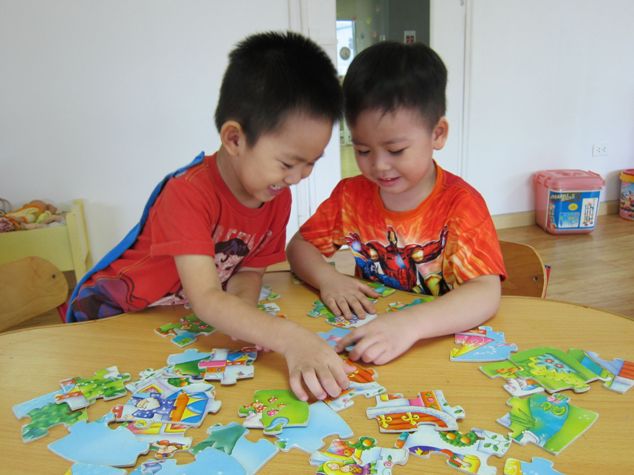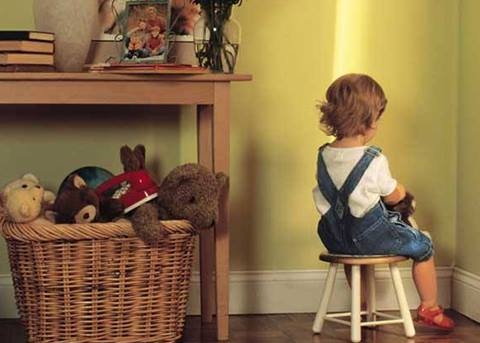The Benefits of Puzzles in Early Childhood Development
19/08/2016
-Ohana
-0 Bình luận
From early childhood to adult, we love to play puzzles because of the many benefits that we can derive from them. Puzzles not only excercise your minds but also challenge your way of thinking. At O'Hana, children start out with in Discovery with simple knobbed puzzles that are outlines of simple shapes that fit into corresponding board cutouts. From there they go to more complex silhouettes of real world objects that take more consideration (as they progress through our programs and as they are ready for more challenging puzzles).
Here are some of the important benefits of puzzles :
Problem-solving skills : Even completing the simplest puzzle is critical in achieving a set goal. Children and toddlers must use their imagination and develop strategies on how to achieve this goal. This involves developing solutions, reasoning skills, and solving skills which they can later use in their adult future lives.
Cognitive skills : Puzzles can also assist your child to understand how following step by step directions can help them achieve goals in life. Color, letter and spatial awareness skills achieved while playing puzzles are very important. Since all children are unique, puzzles may be their main medium of understanding certain themes such as alphabetical letters.

Hand-eye coordination : Making the connection between the eye and the hand is better practiced by puzzles. Your child will develop a keen relationship between what their eyes see, what their hands do and what their brain relates to this information.
Fine motor development : Fine motor skills are very important in everyday’s development. Learning these skills at an early stage will eventually assist them in drawing skills, handwriting, and musical instruments. Based on the kind of puzzles, children are asked to move large and small pieces, twist knobs, circle words or make pieces fit into spaces.
Self-esteem : Just like an adult, the accomplishment of a set goal often brings so much satisfaction to a child. Overcoming the challenges involved in solving puzzles gives them a sense of pride and self-esteem. This not only boosts their self-confidence but also prepares them for other challenges in life.
Social skills : Puzzles are also great learning tools that enhance and promote corporative play. As children work together to complete puzzles they often discuss where a piece will go and why, share, take turns, and assist each other especially when handling frustrations. Finally, they share the joy of completing the puzzle.
There is no mistaking the benefits of puzzles in childhood development. You used them, your parents used them and your children are using them now. Give your child the opportunity to continue learning from simple shapes, to silhouettes, to jigsaw puzzles, to abstract shapes united by a mathematical concept that include a board game twist.











